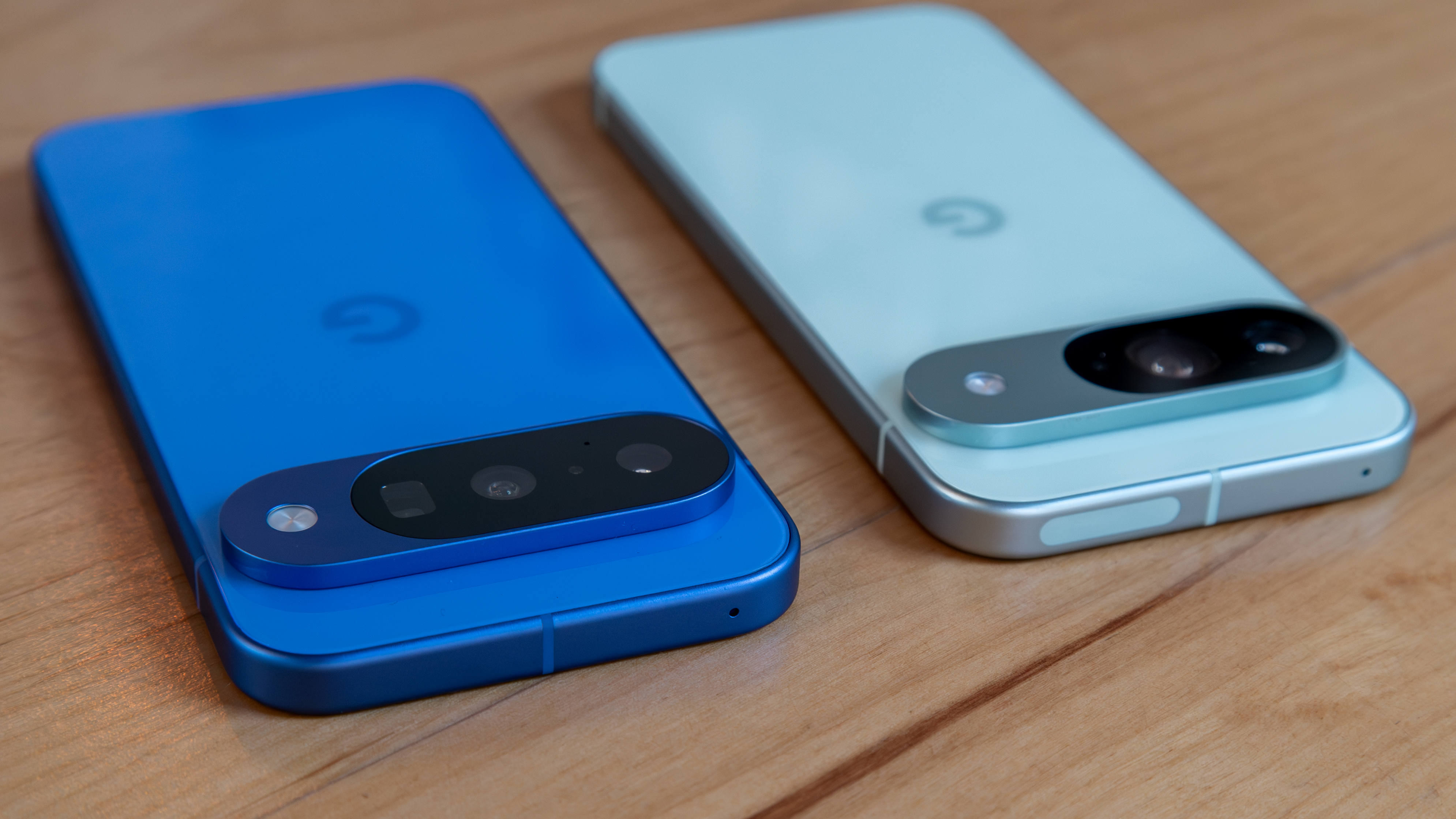Samsung Galaxy S20 Ultra vs. Galaxy S20 Plus: Which should you buy?
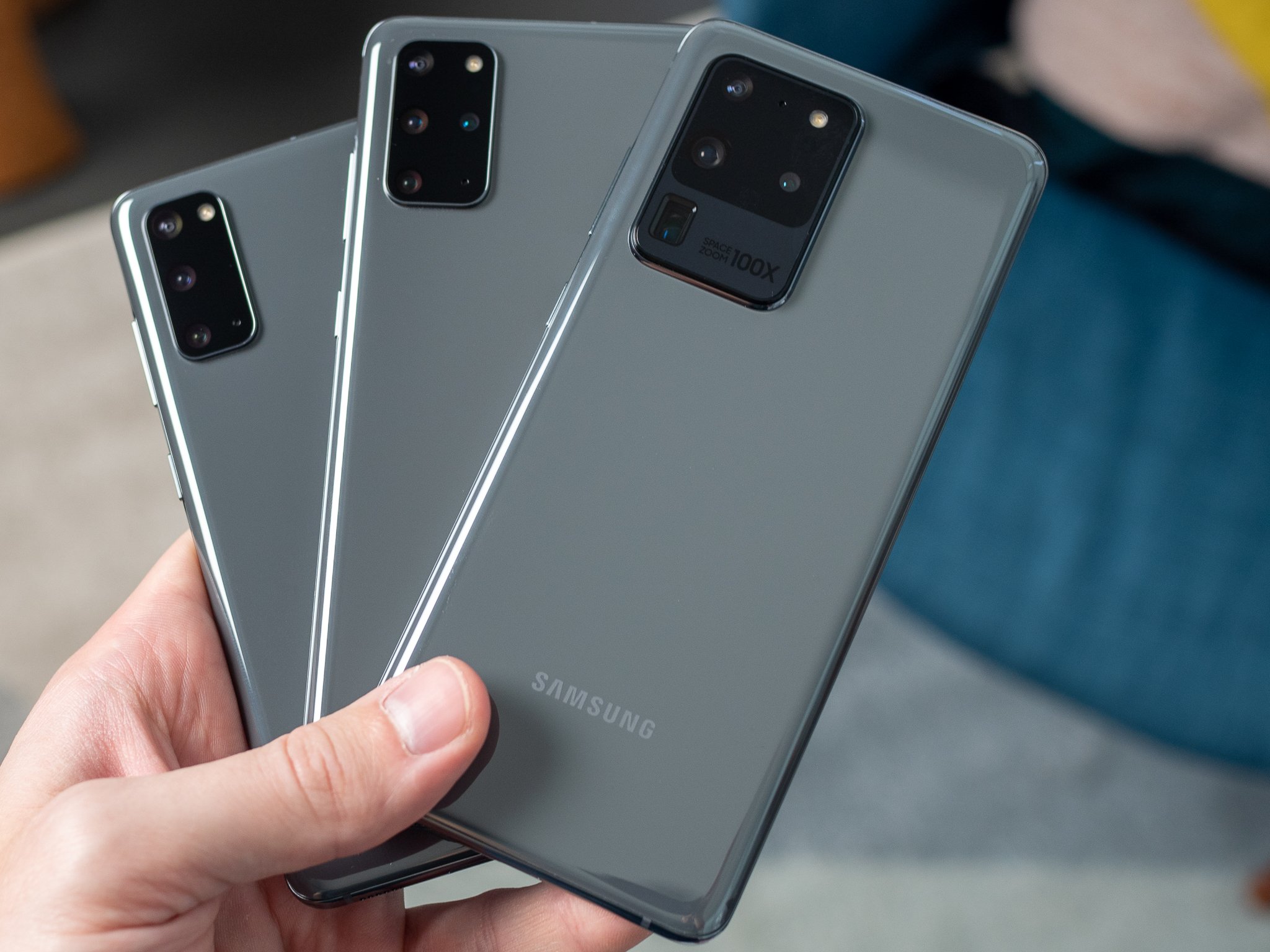
Galaxy S20+
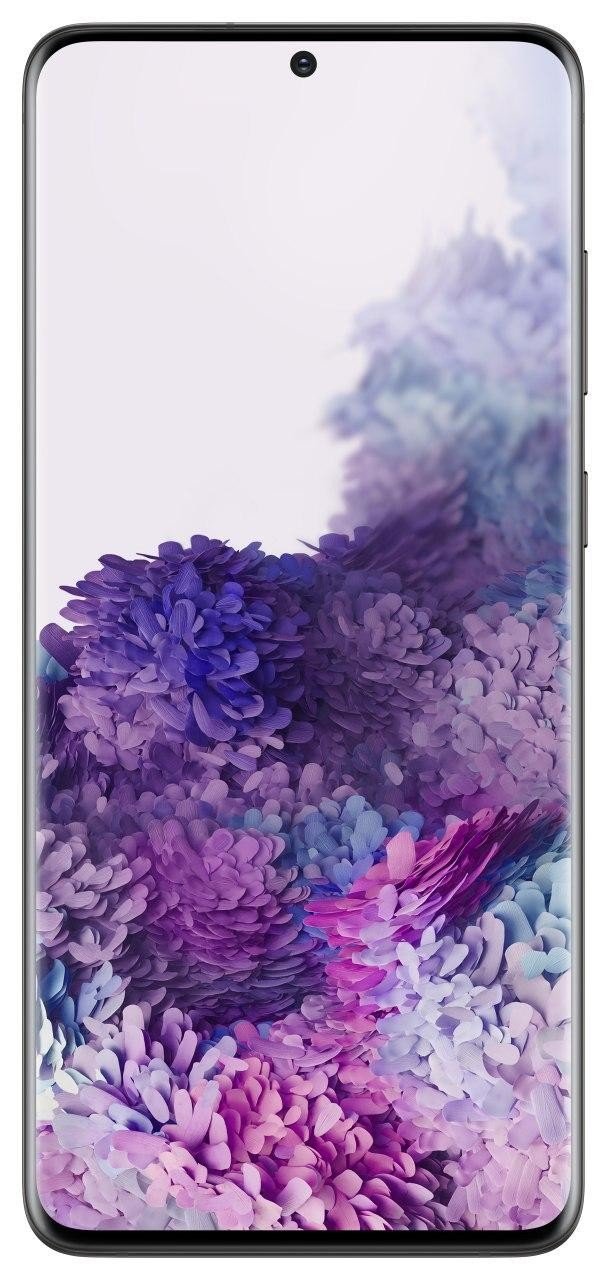
The Galaxy S20+ offers a great balance between the other models. You're getting the full Galaxy S20 experience, with a screen and battery that are still quite large and an altogether new camera system that isn't quite as great as the Ultra but that's still going to hold its own. Plus, it's easier to use in one hand and $200 cheaper.
Galaxy S20+
Mainstream choice
Galaxy S20 Ultra
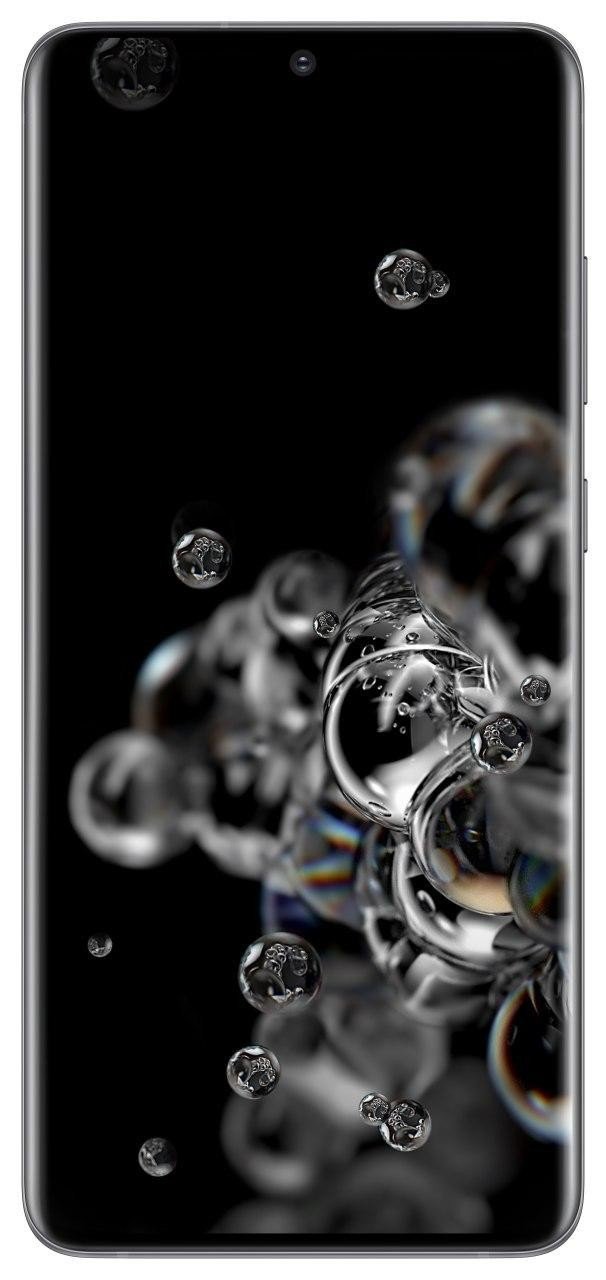
The S20 Ultra brings a truly massive display, a bump in battery size, and an altogether new camera system with higher quality main camera shots and enhanced zoom. As a trade-off, it's much heavier and thicker, while also being $200 more expensive. The rest of the experience is the same as the S20+.
Galaxy S20 Ultra
Going bigger
The Galaxy S20 Ultra vs. the Plus might be the most interesting, and most confusing, comparison of any Android smartphone in 2020. They may be technically part of the same phone lineup, but there are really big differences between the two. The core specs and capabilities are the same, but you'll find notable differences in size, cameras and price.
Samsung Galaxy S20 Ultra vs. Plus: Which should you buy?
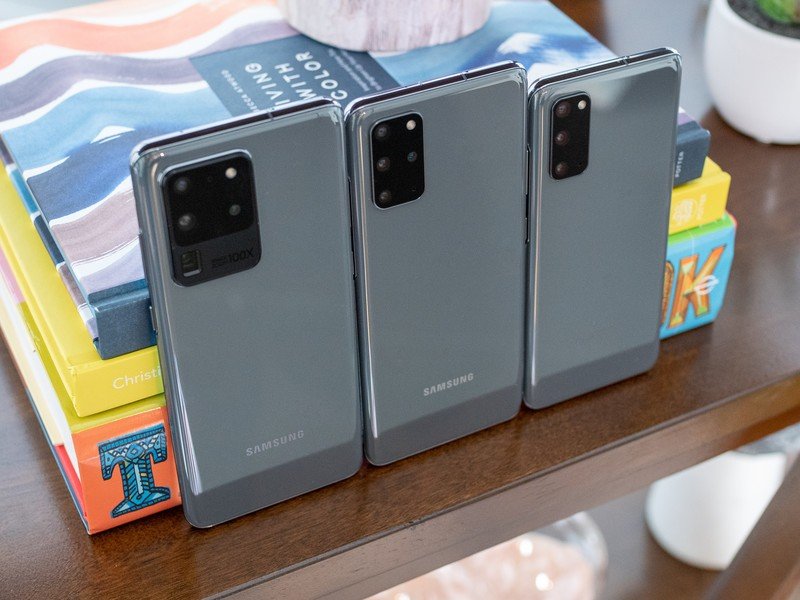
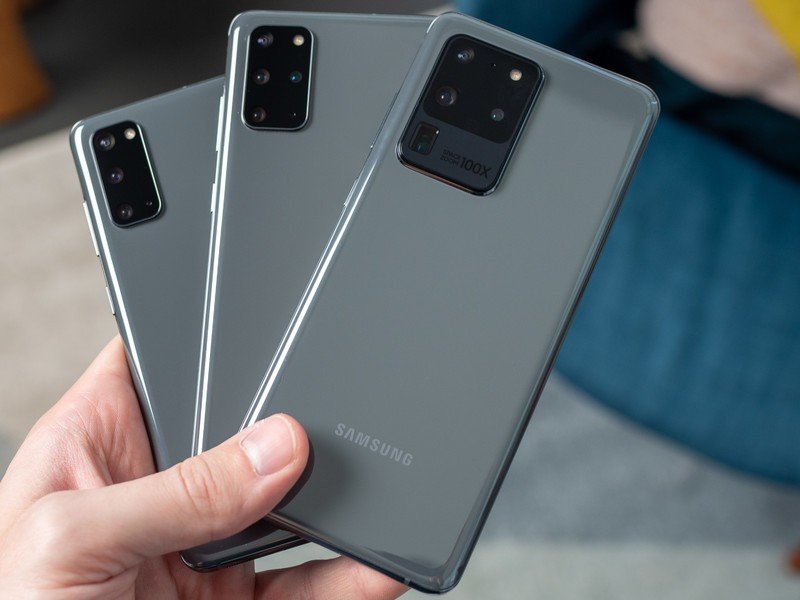
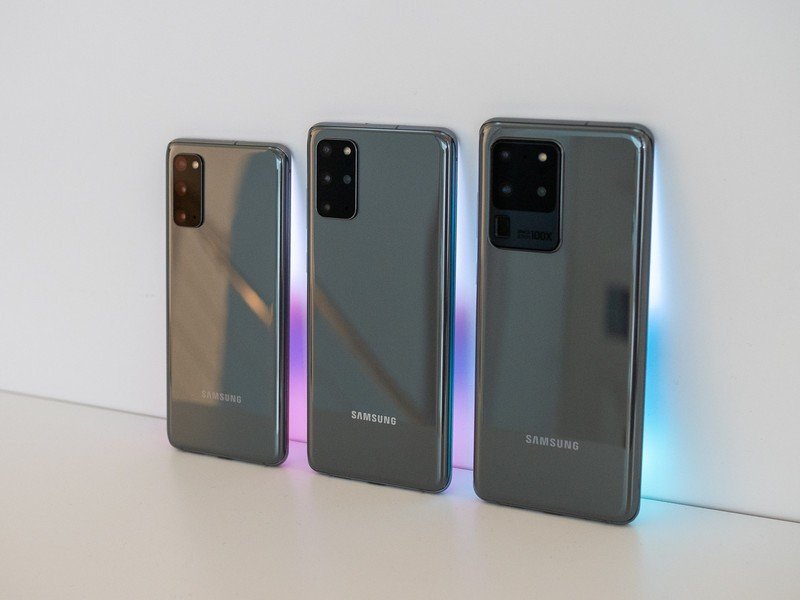
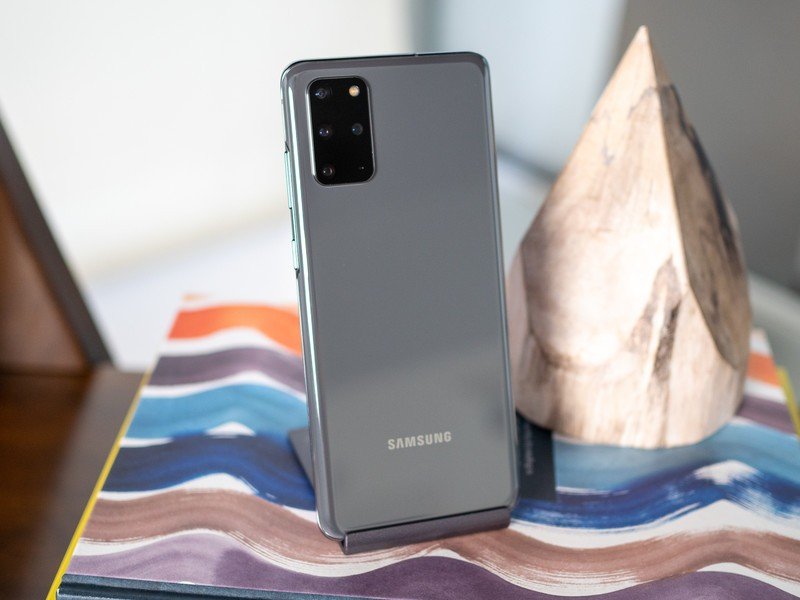
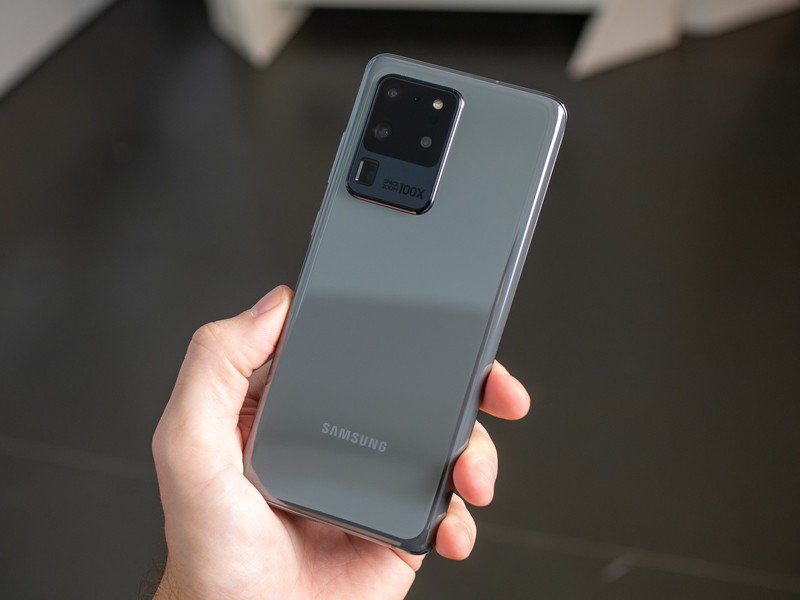
The best way to start off this comparison is to go through all of the elements that are shared between the Galaxy S20+ and S20 Ultra — because there are many. The core specs and features are shared, from the Snapdragon 865 platform, 12GB of RAM and 128GB of storage at the core of it all, down to the hardware features like wireless charging, microSD support, speakers and 5G networking.
The day-to-day experience of using these phones will be mostly identical.
Both phones have the exact same software experience, features, and day-to-day functionality, so it's tough to notice the differences between the two. Even the screens, though they're different sizes, are very close — 6.7 versus 6.9 inches — and have the exact same resolution, refresh rate, and quality. And that's great, because these displays are wonderful.
| Category | Galaxy S20+ | Galaxy S20 Ultra |
|---|---|---|
| Operating System | Android 10 One UI 2.0 | Android 10 One UI 2.0 |
| Display | 6.7-inch Dynamic AMOLED Quad HD+ 525ppi 120Hz HDR10+ | 6.9-inch Dynamic AMOLED Quad HD+ 511ppi 120Hz HDR10+ |
| Processor | Qualcomm Snapdragon 865 | Qualcomm Snapdragon 865 |
| Memory | 12GB | 12GB 16GB |
| Storage | 128GB 512GB | 128GB 512GB |
| Expandable Storage | Up to 1TB | Up to 1TB |
| Rear Camera 1 | 12MP wide 1.8um pixels f/1.8 | 108MP wide 8um pixels f/1.8 |
| Rear Camera 2 | 64MP telephoto 3x Hybrid Optic Zoom 30x Super Resolution Zoom 0.8um pixels f/2.0 | 48MP telephoto 10x Hybrid Optic Zoom 100x Super Resolution Zoom 0.8um pixels f/3.5 |
| Rear Camera 3 | 12MP ultra-wide, 1.4um pixels f/2.2 | 12MP ultra-wide 1.4um pixels f/2.2 |
| Rear Camera 4 | Time-of-flight sensor | Time-of-flight sensor |
| Front Camera | 10MP 1.22um pixels f/2.2 | 40MP 0.7um pixels f/2.2 |
| Battery | 4,500 mAh | 5,000 mAh |
| Charging | 25W wired charging Fast Wireless Charging 2.0 Wireless PowerShare | 45W wired charging Fast Wireless Charging 2.0 Wireless PowerShare |
| Water Resistance | IP68 | IP68 |
| Security | In-screen fingerprint sensor Face recognition | In-screen fingerprint sensor Face recognition |
| 5G | Sub-6 Non Standalone (NSA) mmWave | Sub-6 Non Standalone (NSA) mmWave |
| Dimensions | 73.7 x 161.9 x 7.8mm | 76.0 x 166.9 x 8.8mm |
| Weight | 186g | 220g |
There are four main factors separating these phones: battery, cameras, overall size, and price.
Battery is a notable one because these are very powerful phones, and they're filled with features. The S20 Ultra has an 11% larger battery, and because everything else is identical (save for a tiny screen increase), it translates to about that much longer battery life. And that's important, because we know that with 120Hz display and 5G turned on, you're going to chew through some battery quicker than you'd think. When it comes to recharging, the S20 Ultra is capable of 45W wired fast charging over the S20+'s 25W, though you need to buy a different charger to do it — both phones come with the same charger in the box.
Get the latest news from Android Central, your trusted companion in the world of Android
The camera comparison is where things get interesting — the S20 Ultra has a clear leg up.
Samsung's new camera setup in the S20+ is impressive, but the S20 Ultra is a step above. Its 108MP camera is considerably larger than the S20+'s, with an effective pixel size that's much larger to let in more light and take even better photos in a variety of lighting conditions — it also produces incredible natural bokeh. The S20 Ultra's telephoto camera goes the other direction, with a lower 48MP resolution, but it has a much larger zoom lens to take clear shots at 10X and reach way out to 100X, whereas the S20+ stops at 40X. In practical terms, you won't ever shoot at 100X (or 40X on the S20+) and expect a good shot, but it means you can take solid shots at 10-15X on the S20 Ultra whereas the S20+ starts to lose effectiveness after 5X.
With that solid handful of differences, it all comes at a price in two ways. The S20 Ultra is considerably larger than the S20+ — wider, taller, thicker, and most importantly 18% heavier. It feels like an altogether different class of phone. That makes it tougher to use in one hand, tougher to squeeze into pockets, and generally a bit more cumbersome. Whether that's worth it for the battery and camera improvements is up to you, but you need to know just how different the sizing is here.
The Ultra is clearly better — but it comes at a cost in size and price.
The other cost is a literal one. We fully understand that both of these phones are quite expensive to begin with, but it can't be taken lightly that the S20 Ultra is $200 more than the S20+ (which is already $200 more than the base S20). Again, it's a personal decision as to whether that price is worth it for the battery, camera, and screen size improvements. Some people are already stretching to hit $1,200 for the S20+, and the extra money for the S20 Ultra is a deal breaker.
As a default, you should go into this decision assuming that the S20+ is your pick. It's a much more manageable size, and while it doesn't have the exact same cameras, battery size or screen size as the Ultra, it's really close. And outside of those areas, it acts the exact same as the Ultra in every way. Chances are you're going to be happy with that compromise, and even happier with your ability to use the phone comfortably because it's smaller and lighter. If money is no object and you want the best of the best, the S20 Ultra is there for you — just make sure you can handle its size before you buy.

Andrew was an Executive Editor, U.S. at Android Central between 2012 and 2020.
